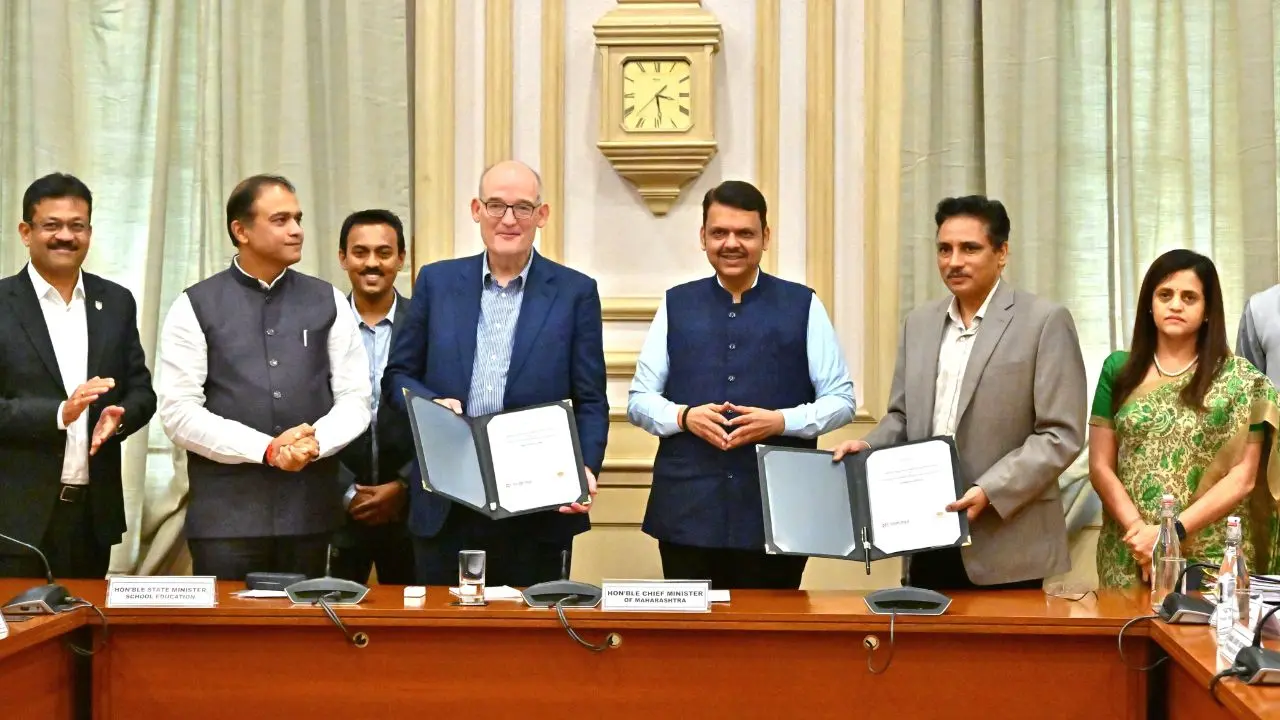
The Maharashtra government has signed a Memorandum of Understanding (MoU) with Cambridge University Press and Assessment India, aimed at elevating school education in the state. Chief Minister Devendra Fadnavis, speaking at the signing event, said the agreement marks a new step toward global‑standard education.
The deal, struck in the presence of Education Minister Dr Pankaj Bhoyar and other senior officials, will bring international teaching practices, teacher training, updated curriculum materials, climate education, and open schooling programs to Maharashtra’s schools.
Fadnavis said the state’s journey toward world‑class education has gained momentum since the introduction of the National Education Policy. He pledged to personally supervise implementation. Dr Bhoyar called the agreement “historic” and said it would benefit students across urban and rural areas by improving competence, confidence, and global readiness.
CET 2025-26: Computer Engineering emerges as popular course yet again for aspirants
Computer Engineering once again emerged as the most popular course choice for students who secured admission through the Common Entrance Test (CET) 2025-26. As many as 27,995 students took admission in Computer Engineering, while seven professional courses related to Data Science, Artificial Intelligence, and Machine Learning saw an intake of over 85 per cent.
The CET cell on Monday closed the admission process for statewide engineering colleges. Of the 2,25,166 registered candidates, 1,66,746 aspirants were successfully admitted to colleges. The CET cell conducted four rounds, during which 1,30,835 students sought admission to engineering colleges. Of these, 23,046 candidates secured admission under ACAP or the spot round, and 12,865 under the management quota.
This year saw an increase in the net BE/BTech admissions from 1,49,078 aspirants to 1,66,746. However, the number of students taking admission under the Economically Weaker Section (EWS) and institute-level quotas declined.
Meanwhile, the admission rate of female candidates increased from 35.38 to 37.30 per cent. In Mumbai alone, the number of female students taking admission rose from 8,878 to 10,013.
Trailing right behind Computer Engineering is Mechanical Engineering, which saw an intake of 17,115 aspirants, followed by courses such as Electronics and Telecommunication Engineering, Computer Science and Engineering, Civil Engineering, Information Technology, Electrical Engineering, and Artificial Intelligence and Data Science.


